Following the impact of the COVID-19 pandemic, an EU-funded team has created an online platform for the development of diagnostic, prevention and surveillance technologies for emerging novel diseases.
The global COVID-19 pandemic brought disruption to the world in a way not seen for generations. Despite countries having systems in place that were intended to monitor and prevent the spread of diseases the novel coronavirus SARS-Cov-2 took the world by surprise.
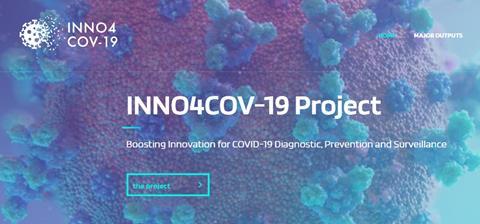
Small- and medium-sized enterprises (SMEs) were hit particularly hard in many countries, and struggled to survive in the face of lockdowns and the comensurate widespread economic disruption. The EU funded a project called INNO4COV-19 to organise a new online platform to provide expertise, funding and advice for companies and laboratories working on new technologies and solutions to tackle COVID-19.
‘A lab-to-fab platform…’
“The mission of INNO4COV-19 was to create a lab-to-fab platform and a collaboration resource where technology developers will find the tools to develop and validate innovative technologies — from idea to market,” explained Marina Brito, business and strategic relations officer at the International Iberian Nanotechnology Laboratory and INNO4COV-19 project coordinator.
Spurring innovation to tackle COVID-19
The INNO4COV-19 project has created an online support platform — the ‘Innovation Hub’. In bringing it about its team split the project into four domains and sub-platforms:
- Innovative diagnostic and screening systems.
- Environmental surveillance systems and data analytics.
- Low-cost sensors, wearables, and telemedicine.
- Protective equipment.
These were reflected in the Hub services and each of these sub-platforms offer services and advice for SMEs, ranging from technical to regulatory, and business development support from idea to market. INNO4COV-19 was also supported financially through cascade funding of 30 new products for combating COVID-19.
“This timely introduction of solutions to solve some of the challenges we were facing during the worst times of the pandemic was a major focus of the consortia,” Brito added.
Bringing innovative solutions to market
INNO4COV-19 provided continuous and direct support to SMEs, especially on regulatory and business issues. Examples of the solutions include novel disinfection technology, antiviral textiles, and PCR tests for the workplace. From the 30 solutions, 10% require future developments and technical validation, 13% already have a prototype validated in a real world environment, 57% have achieved or are in the process of regulatory and certification approval, and 20% have been brought to market or are in the process of establishing their first contracts with clients.
“INNO4COV-19 financially supported SMEs with cascade funding, but didn’t act as incubator, rather as chaperon,” said Brito.
Working to prevent and prepare for future pandemics
Beyond the wide range of successful solutions supported through INNO4COV-19, several other key outputs will help to prevent and mitigate future pandemics. These include guidelines and tools for EU funding actions with an ‘Open Call’ Toolkit that gathers documents useful for the right implementation of cascade funding; a White Paper on regulatory issues to help avoid regulatory bottlenecks such as those experienced during the pandemic. The technologies supported by the project can also be adapted to other diseases and pandemics.
“Finally, and most importantly the INNO4COV-19 platform will continue to be accessible through the website, managed by the project coordinator. We believe that the major outputs of the project can be very useful in action plans for future pandemics at different levels,” concluded Brito.


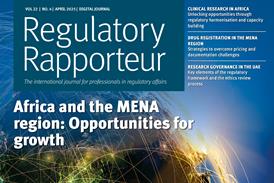

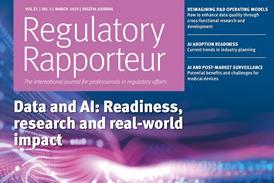


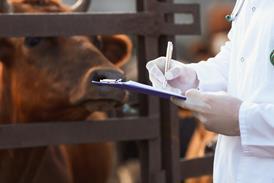
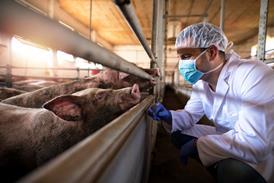


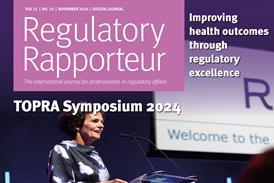

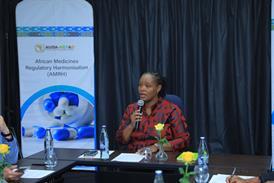










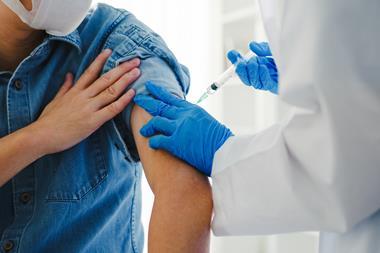
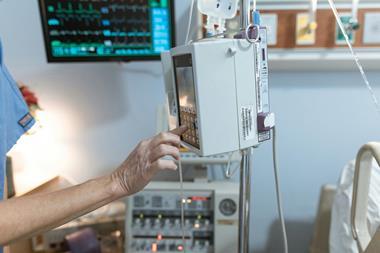






No comments yet